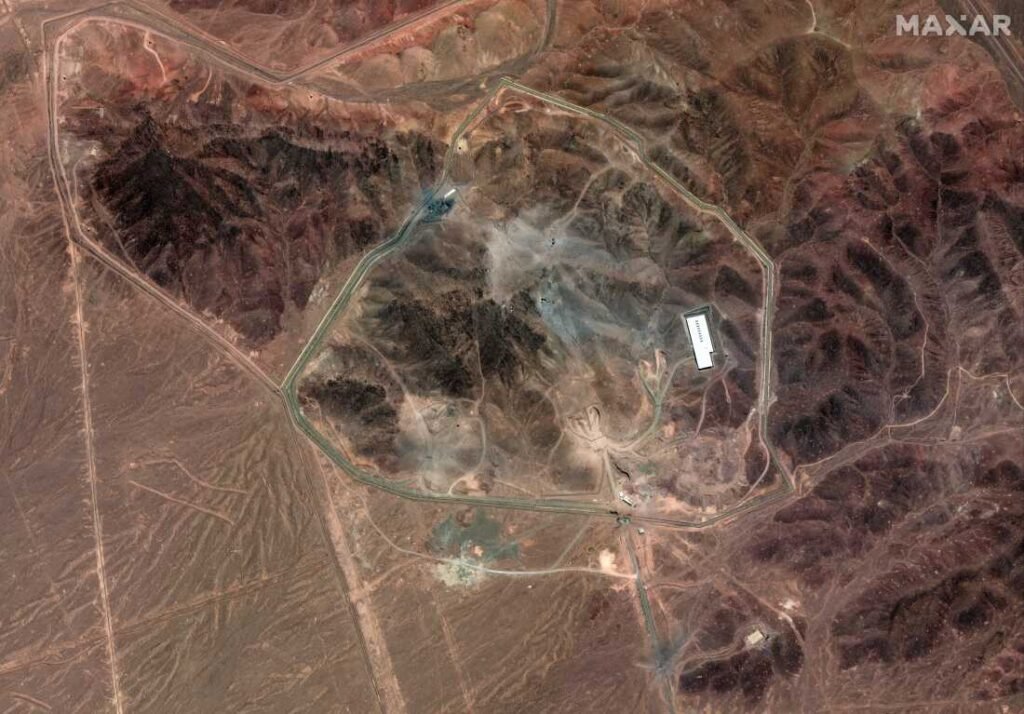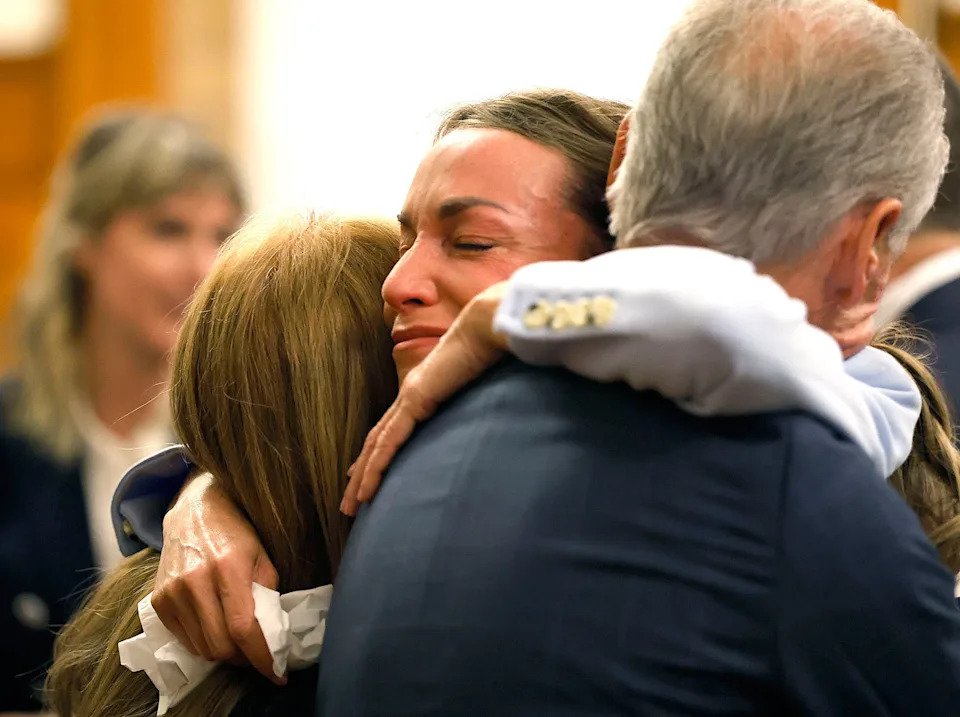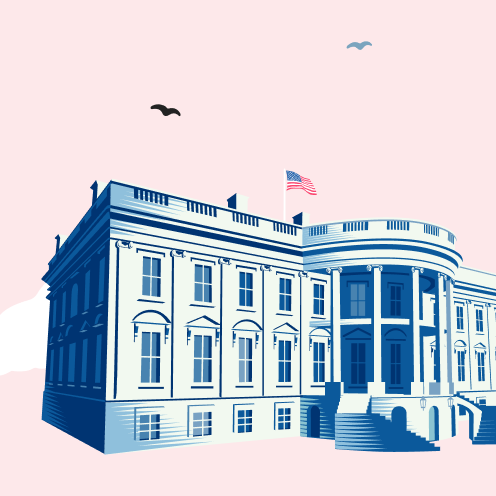Kenya’s under-fire government on Thursday condemned protests across the country during which at least 16 people were killed and thousands of businesses ruined as “terrorism disguised as dissent”.

The marches on Wednesday were called to mark the one-year anniversary of anti-tax demonstrations that peaked when a huge crowd stormed parliament and dozens were killed by security forces.
The rallies began peacefully but descended into chaos as young men held running battles with police, lit fires and ripped up pavements to use as projectiles.
“What unfolded yesterday was not a protest. It was terrorism disguised as dissent,” Kipchumba Murkomen, interior cabinet secretary, said in a televised speech.
“We condemn the criminal anarchists who in the name of peaceful demonstrations unleashed a wave of violence, looting, sexual assault and destruction upon our people,” he said, calling events an “attempted coup”.
The United Nations, meanwhile, deplored the violence and called for calm and restraint.
“We are deeply concerned by reports of several deaths of protesters and many more injuries — of protesters and police officers — during demonstrations in Kenya on Wednesday,” UN human rights office spokeswoman Elizabeth Throssell said in a statement.
“We are concerned by reports that some protesters had gunshot wounds,” Throssell added. “Under international human rights law, lethal force by law enforcement officers, such as firearms, should only be used when strictly necessary.”
In Nairobi’s business district, the epicentre of the unrest, AFP journalists found entire shopping centres and thousands of businesses destroyed, many still smouldering.
At least two banks had been broken into, while businesses, ranging from supermarkets to small electronics and clothing stores, were reduced to ashes or ransacked by looters.
“When we came we found the whole premise burnt down,” said Raphael Omondi, 36, owner of a print shop, adding that he had lost machines worth $150,000.
“There were guys stealing, and after stealing they set the whole premises on fire… If this is what protest is, it is not worth it.”
“They looted everything… I do not know where to start,” said Maureen Chepkemoi, 32, owner of a perfume store.
“To protest is not bad but why are you coming to protest inside my shop? It is wicked,” she added.
Several business owners told AFP that looting had started in the afternoon after the government ordered TV and radio stations to stop broadcasting live images of the protests.
‘My everything’
Amnesty International’s Kenya director Irungu Houghton said the death toll had risen to 16.
Rights group Vocal Africa, which was documenting the deaths and helping affected families at a Nairobi morgue, said at least four bodies had been brought there so far.
“All of them had signs of gunshots, so we suspect they all died of gunshot wounds,” its head Hussein Khalid told AFP.
“We condemn this excessive use of force,” he said. “We believe that the police could have handled themselves with restraint.”
“You come out to protest police killings, and they kill even more.”
One of those at the morgue was Winifred Mwangi, whose husband was killed during the demonstrations and who fainted as she tried to speak about the father of her two girls.
“He was my everything,” she said, adding she did not know what she would do without her husband.
A coalition of rights groups earlier said at least 400 people were wounded, with 83 in serious condition in hospital. It recorded protests in 23 counties around Kenya.
Emergency responders reported multiple gunshot wounds and there were unconfirmed local media reports that police had opened fire on protesters, particularly in towns outside the capital.
President William Ruto, who came to power in 2022 promising rapid economic progress, faces deep resentment.
Many are disillusioned by continued economic stagnation, corruption and high taxes, as well as police brutality after a teacher was killed in custody earlier this month.






